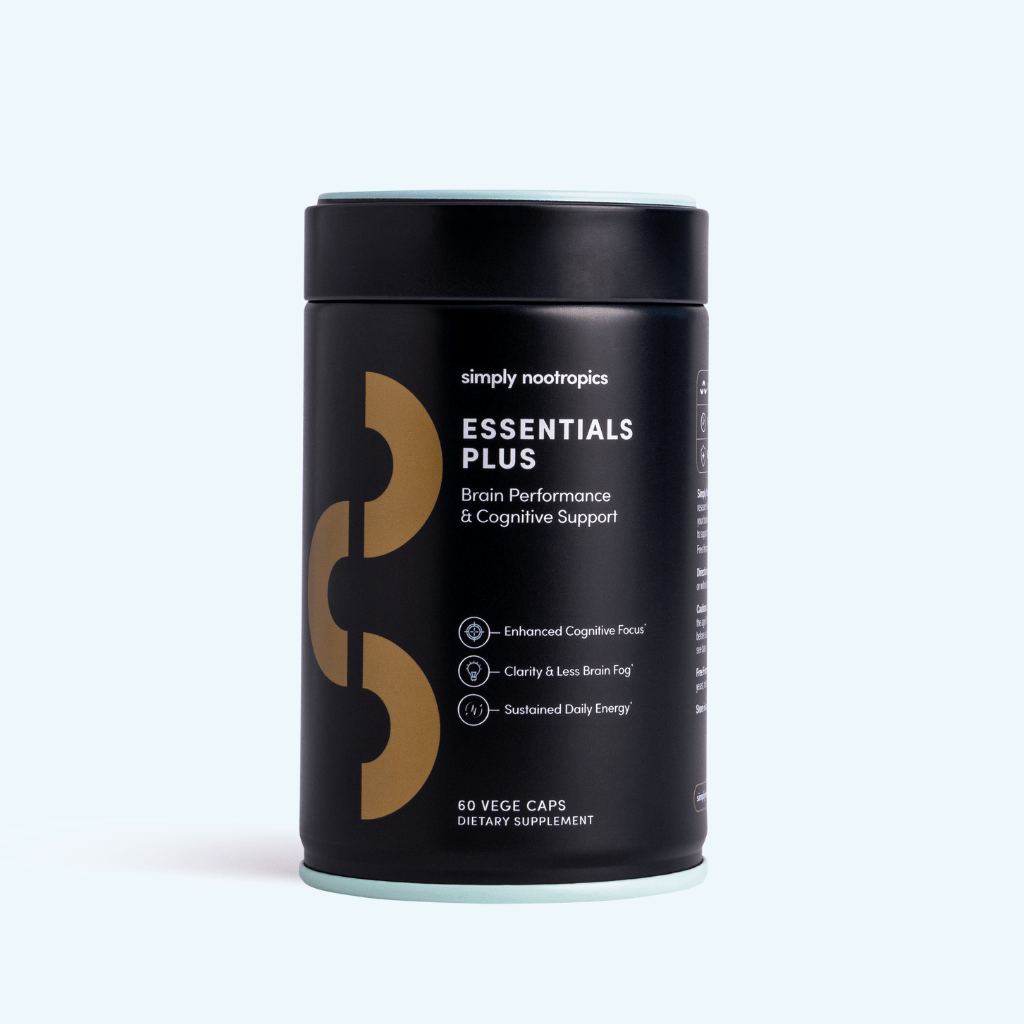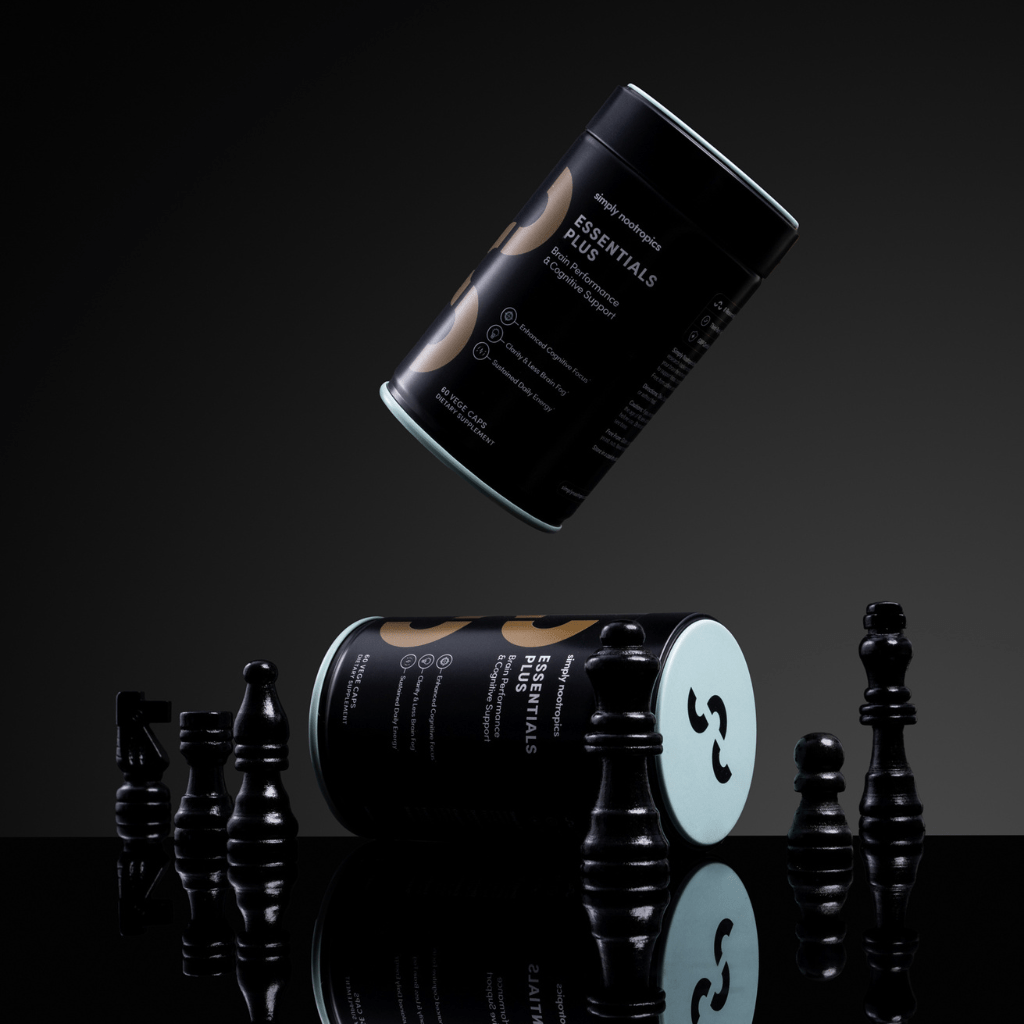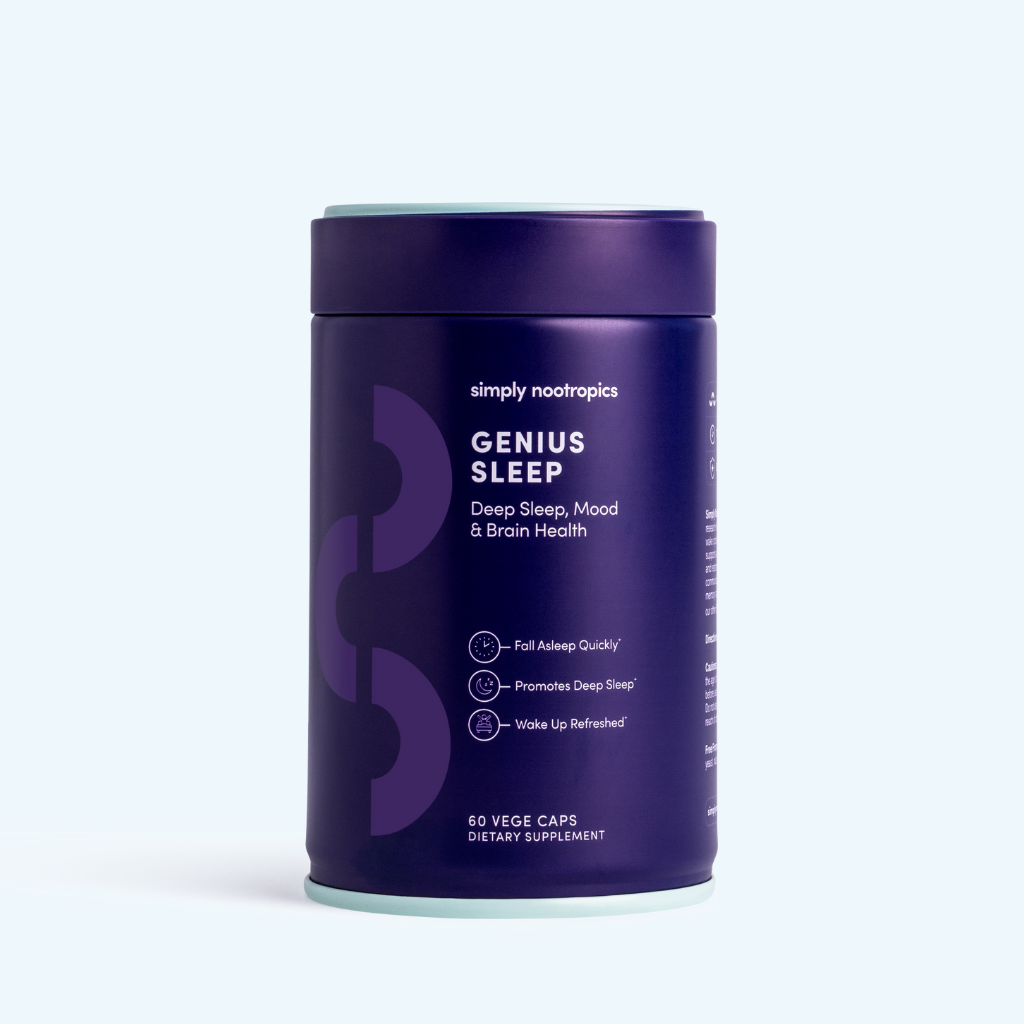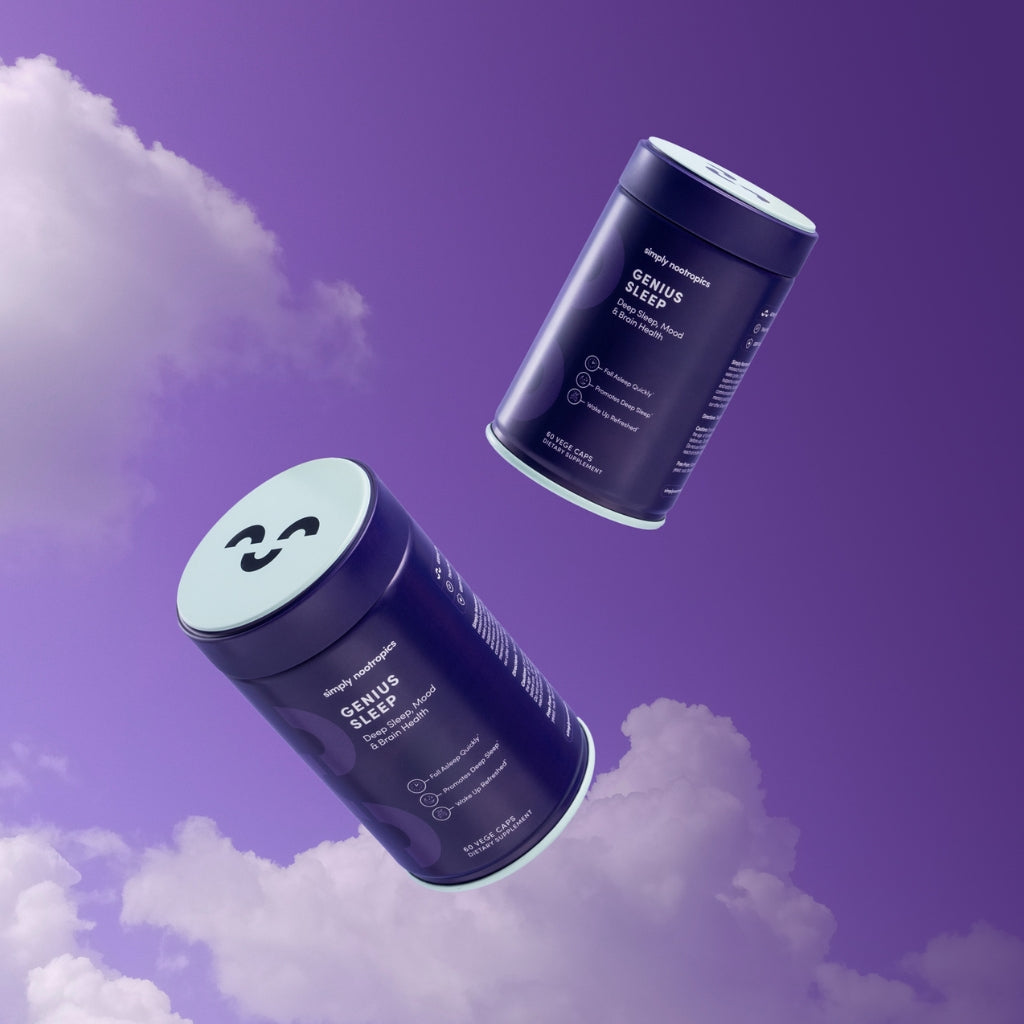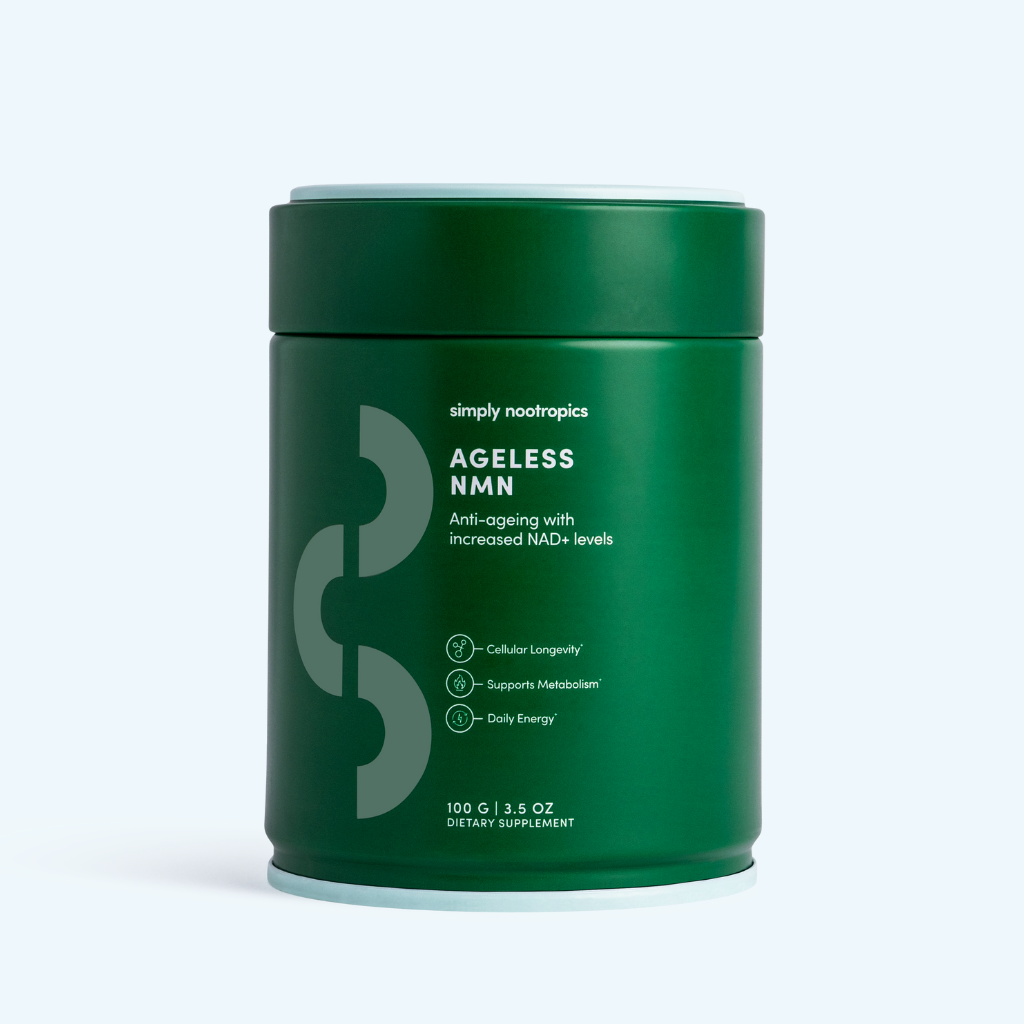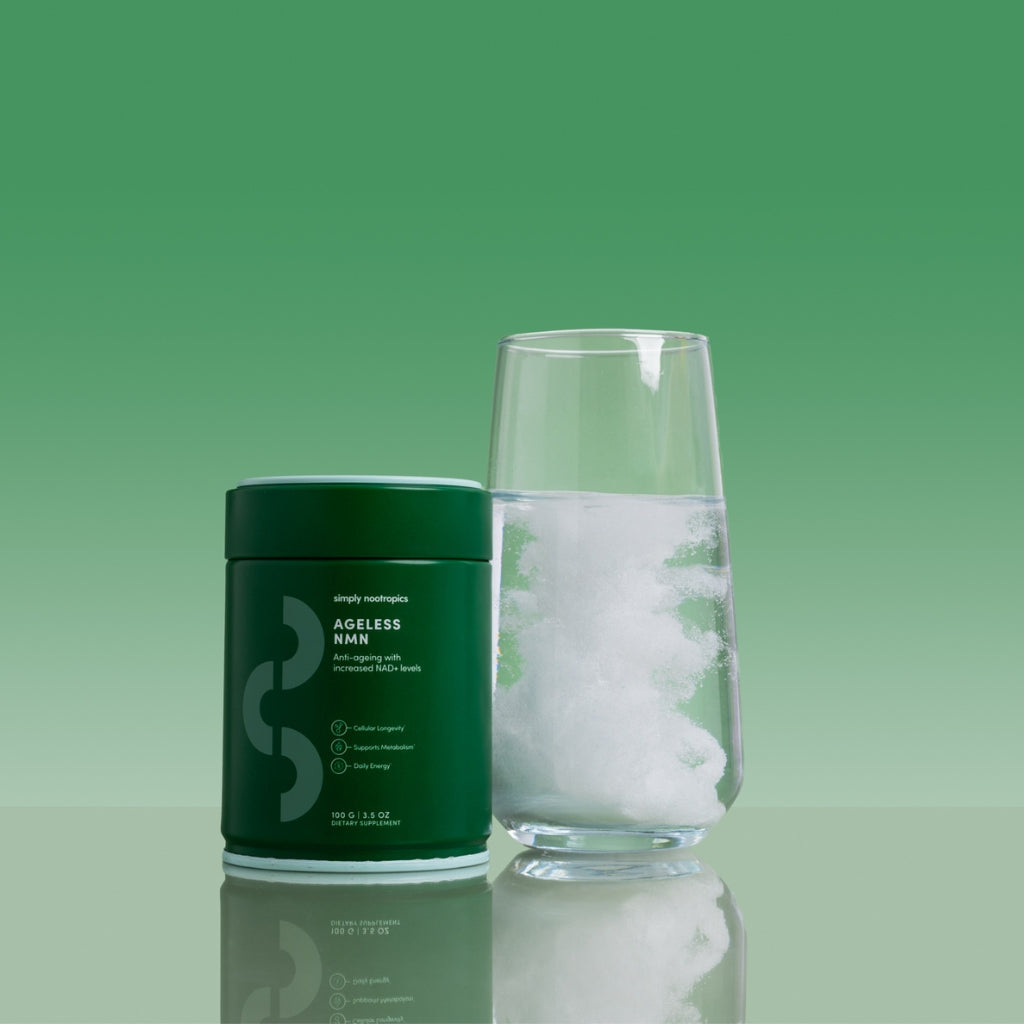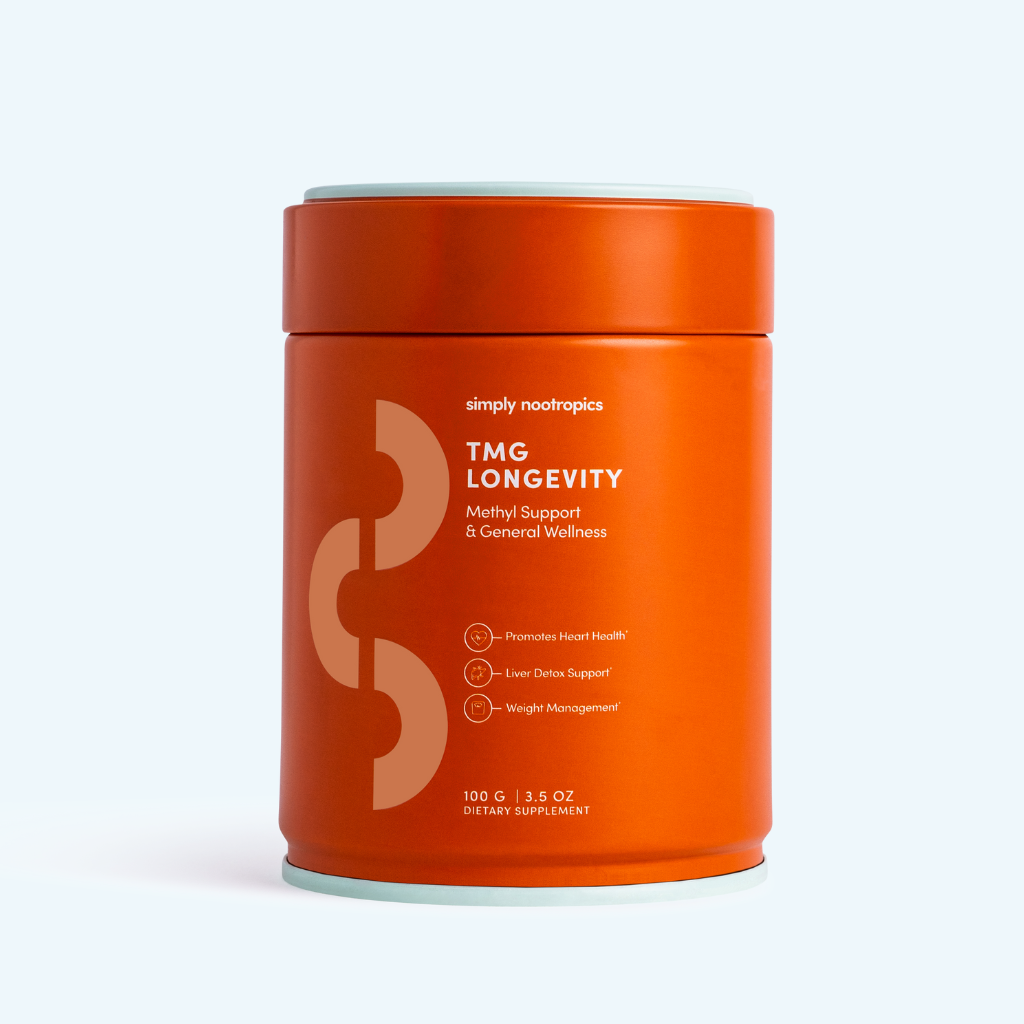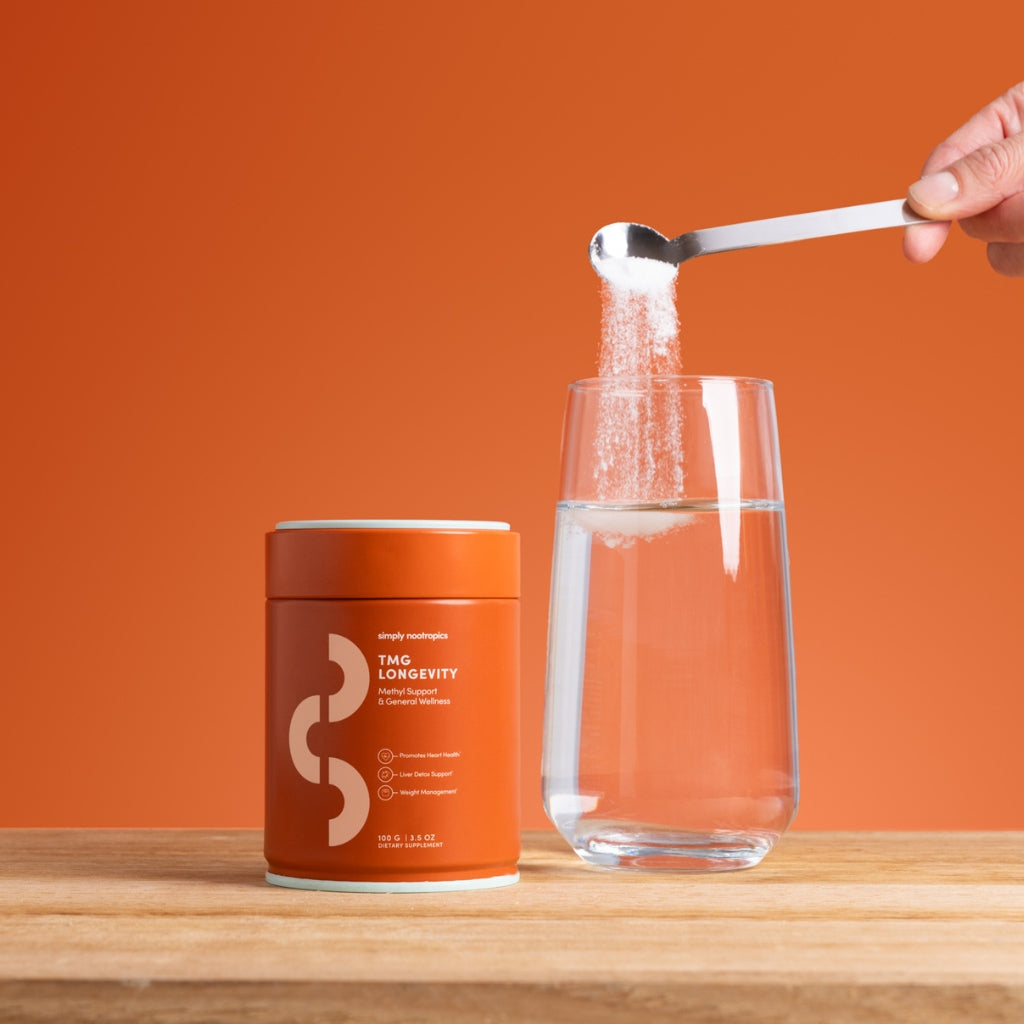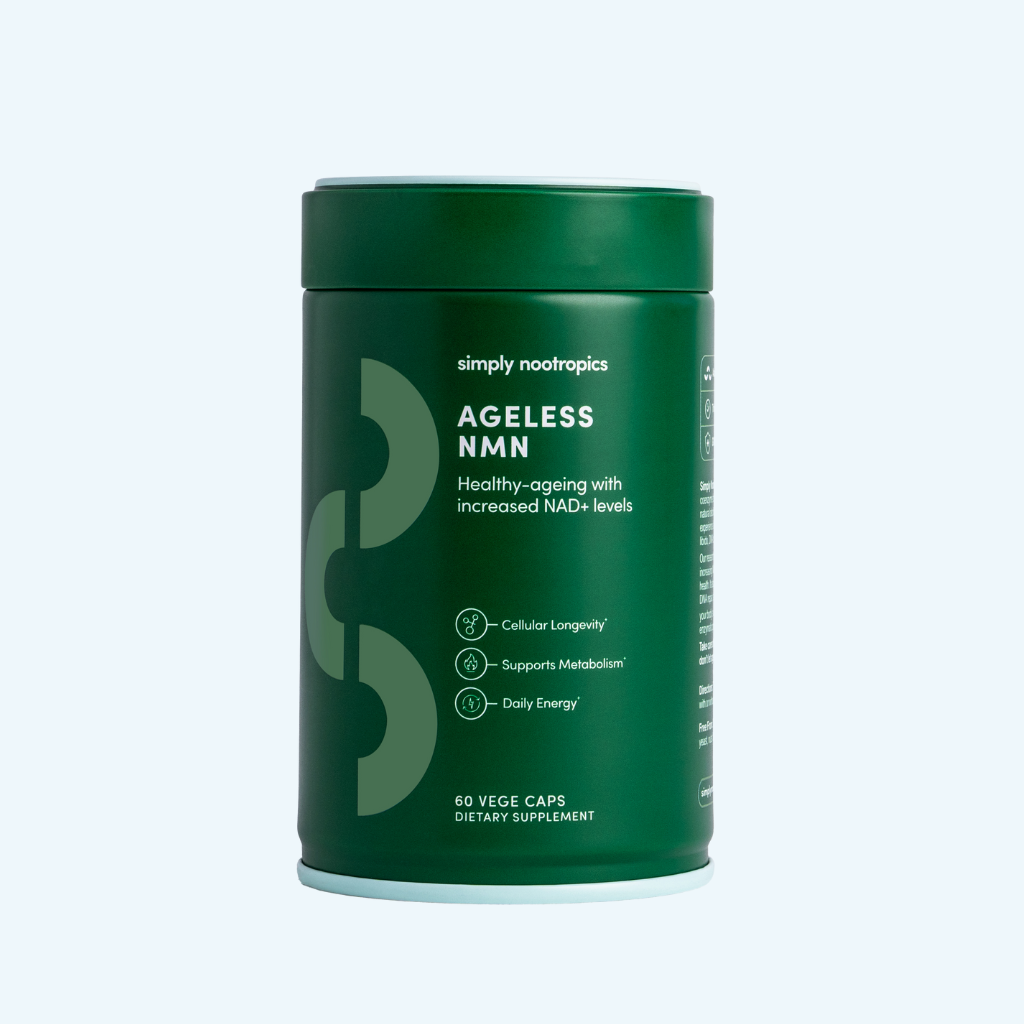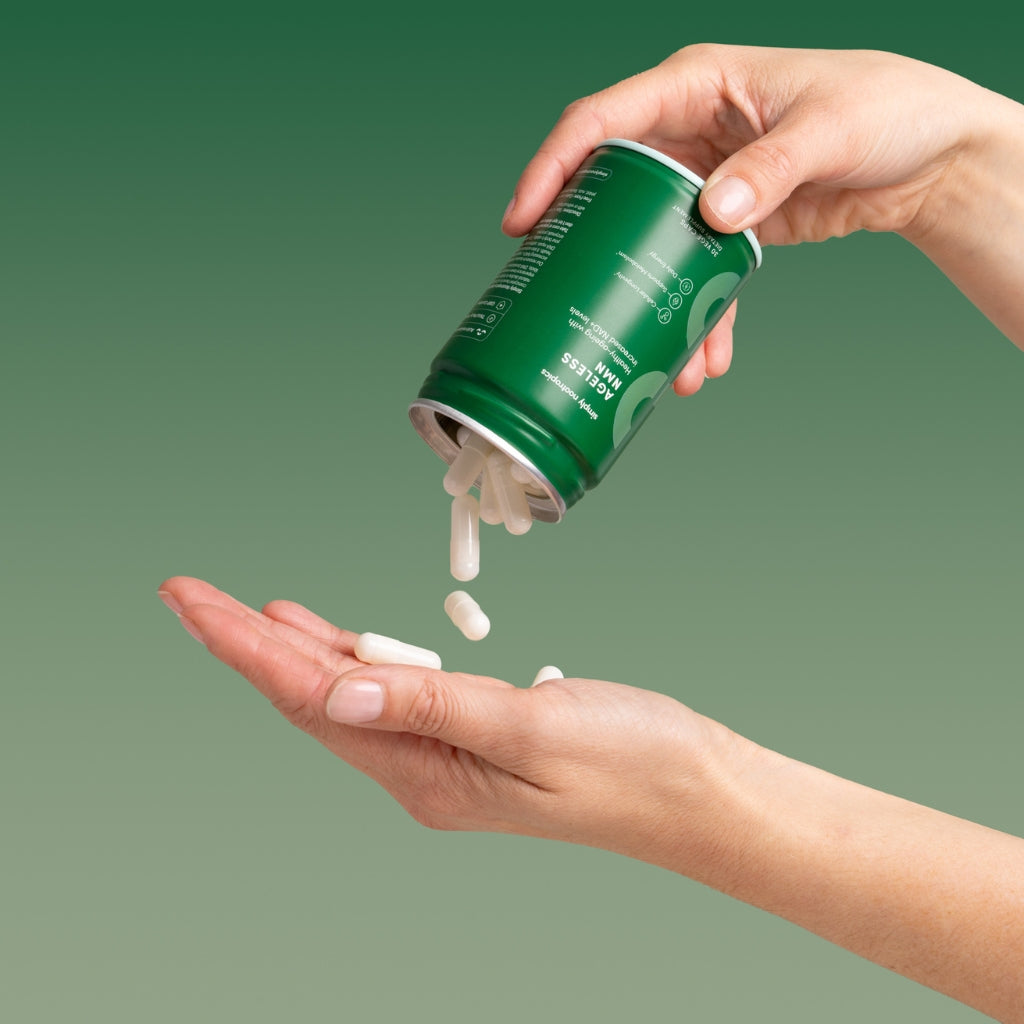Everywhere you look in the wellness world, from top podcasts to TikTok scroll holes, dopamine has become the hot topic. It's being blamed for burnout, bad habits, and a general sense of "why can’t I focus anymore?" At the same time, it's also being hailed as the key to better motivation, deeper work, and longer-lasting happiness.
But why now? Why is everyone suddenly talking about this one brain chemical like it’s the root of everything?
In this blog, we unpack why dopamine is having its moment, what wellness voices are getting right (and wrong), and what you can actually do to support your brain’s reward system without going off-grid or giving up coffee.
The Podcast-Fuelled Dopamine Boom
It all started with Dr. Andrew Huberman, the Stanford neuroscientist whose podcast, Huberman Lab, brought neuroscience to the masses. His 2021 episode, “Controlling Your Dopamine for Motivation, Focus & Satisfaction,” went viral, and didn’t slow down.
In it, he explains how dopamine works not just as a “feel-good” chemical but as a driver of effort. It’s the force that pushes you toward goals and reinforces habits. The big revelation? Modern life, with its constant scrolling, notifications, processed foods, and low-effort dopamine spikes, is short-circuiting our ability to find real motivation.
Since then, a dopamine discussion has taken off in mainstream wellness:
-
The Diary of a CEO with Steven Bartlett regularly features guests like Dr. Daniel Lieberman (The Molecule of More) exploring dopamine’s link to drive and discipline.
-
The Skinny Confidential talks about dopamine resets in the context of digital detoxes, relationship patterns, and overstimulation.
-
Dr. Rangan Chatterjee’s Feel Better, Live More focuses on reclaiming energy and calm through simple lifestyle tweaks that impact dopamine.
-
MindPump unpacks how fitness routines and supplement choices affect reward cycles and burnout.
Dopamine is no longer just a neuroscientific term, it’s cultural currency. Everyone from CEOs to content creators is talking about “dopamine resets,” “dopamine fasting,” and the idea of earning your dopamine instead of chasing easy hits.
What Dopamine Actually Does
Let’s clear the air: dopamine is not about happiness, it’s about wanting.
It’s a neurotransmitter involved in:
-
Motivation and drive
-
Reward-seeking behaviour
-
Learning and memory
-
Mood regulation
-
Movement (especially in diseases like Parkinson’s)
In evolutionary terms, dopamine exists to make us act. If something increases your chances of survival, like food, social connection, achievement, a dopamine boost reinforces the behaviour and says: "Do that again."
But here’s the issue: our brains haven’t evolved for constant reward. And today, we’re swimming in it.
Why Modern Life Breaks Your Dopamine System
Dopamine is supposed to spike when we put in effort, when we hunt, create, solve, strive. But now? We get the hit without the work.
-
Swipe → reward
-
Scroll → novelty
-
Sugar → pleasure
-
Online shopping → thrill
It’s not that these things are bad. It’s that we’re never without them. And the more we flood our brain with fast dopamine, the less sensitive our receptors become. This leads to:
-
Needing more to feel anything
-
Losing motivation for low-stim tasks
-
Brain fog, restlessness, and mood dips
-
Chronic distraction and multitasking fatigue
This is what people are really talking about when they say they're “burnt out” or “can’t focus anymore.” It's not always a mental health crisis; sometimes, it’s a neurochemical mismatch between your habits and your biology.
The “Dopamine Detox” Trend
The idea of a dopamine reset or detox is now everywhere. TikTok wellness influencers love to promote routines that involve:
-
No social media
-
No phone
-
No TV
-
No processed food
-
No coffee
-
No music
-
No pleasure reading
Essentially: silence, discomfort, stillness. While the science behind a true “reset” is limited, since dopamine doesn’t build up like lactic acid, these practices do give your brain a break from constant stimulation, which helps recalibrate your reward pathways.
And in that way, they’re not wrong. Still, most people can’t (or don’t want to) live like a monk for 48 hours. The better question is:
How do you support a healthy dopamine system in the real world, consistently?
How to Support Dopamine (Without the Reset Extremes)
You don’t need to quit life to feel better. Here’s what actually works, based on science, and what wellness leaders are pointing toward:
1. Get natural light early
Sunlight within the first 2 hours of waking helps regulate dopamine, cortisol, and melatonin. It sets your circadian rhythm and promotes better mood, energy, and focus later in the day.
2. Do effort-based activities
Dopamine isn't just about rewards, it's about earned rewards. Activities that require physical or mental effort (like exercise, learning a skill, cold exposure) build baseline dopamine tone, not just spikes.
3. Eat dopamine-building nutrients
Your body needs the raw materials to make dopamine. That means:
-
Tyrosine – an amino acid found in protein-rich foods
-
Vitamin B6, B12, Folate – support neurotransmitter synthesis and methylation
-
Magnesium + Zinc – cofactors for mood and cognitive resilience
A lack of these can blunt dopamine signalling, no matter how many rewards you chase.
4. Reduce low-effort stimulation
You don’t need a total detox. But cutting back on easy dopamine (infinite scrolling, background noise, constant multitasking) can help your brain reconnect with slower, more meaningful sources of motivation.
5. Support your brain with nootropics and adaptogens
Instead of spiking dopamine through stimulants, smart supplementation helps your brain manage stress, support neurotransmitter balance, and improve mental clarity.
Where Essentials Plus Fits In
Most people chasing more energy or better focus go straight to caffeine or sugar. But that’s like flooring the accelerator with no fuel in the tank. Essentials Plus takes a different approach, giving your brain the support it needs to feel clear and driven without overstimulation.
It includes:
-
L-theanine – for calm, focused alertness
-
CDP Choline – supports attention and brain cell signalling
-
Rhodiola + Ginseng – adaptogens to reduce fatigue and support dopamine stability
-
Lion’s Mane + Brahmi – for long-term cognitive function and neuroprotection
Essentials Plus is a stack designed to work with your dopamine system, not override it. Whether you're working, creating, training, or just trying to feel more like yourself again, this is what sustainable mental energy looks like.



